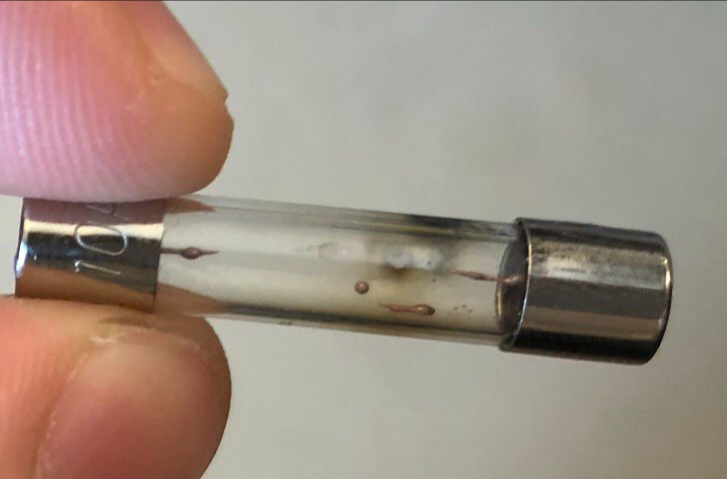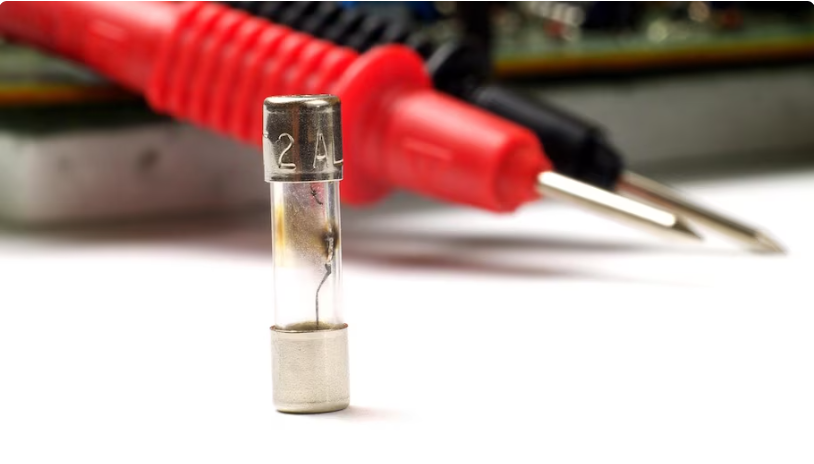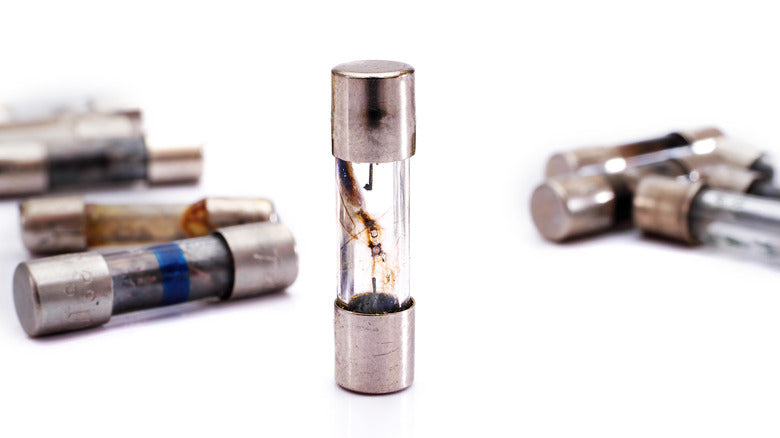If you replace a fuse with a higher amp fuse, especially in an appliance that is not perfectly functioning, it can lead to serious consequences. While the appliance may initially continue to work, you are taking on increased potential risks. If the original fuse blew due to an over-current condition, replacing it with a higher amp fuse allows the over-current to happen again at some random time.
In the case of an AC power surge, a higher amp fuse can unleash a significant amount of heat energy, potentially damaging other appliances, wiring, and posing fire hazards. Smaller appliances may experience internal damage, such as overheating transformers, melting plastic components, and releasing toxic fumes. In the worst-case scenario, this can lead to health issues or even fatalities if unnoticed during sleep.
For larger appliances or circuits, the wiring may overheat, insulation may break down, and sparks could ignite flammable materials, causing fires that result in property damage or loss. Additionally, the increased current may damage connections, potentially leading to hazards like electrical shocks.
In summary, replacing a fuse with a higher amp rating compromises the safety mechanisms designed to protect against over-current conditions. It is crucial to use the correct fuse rating to ensure the safe operation of electrical appliances and prevent potential catastrophic events.





